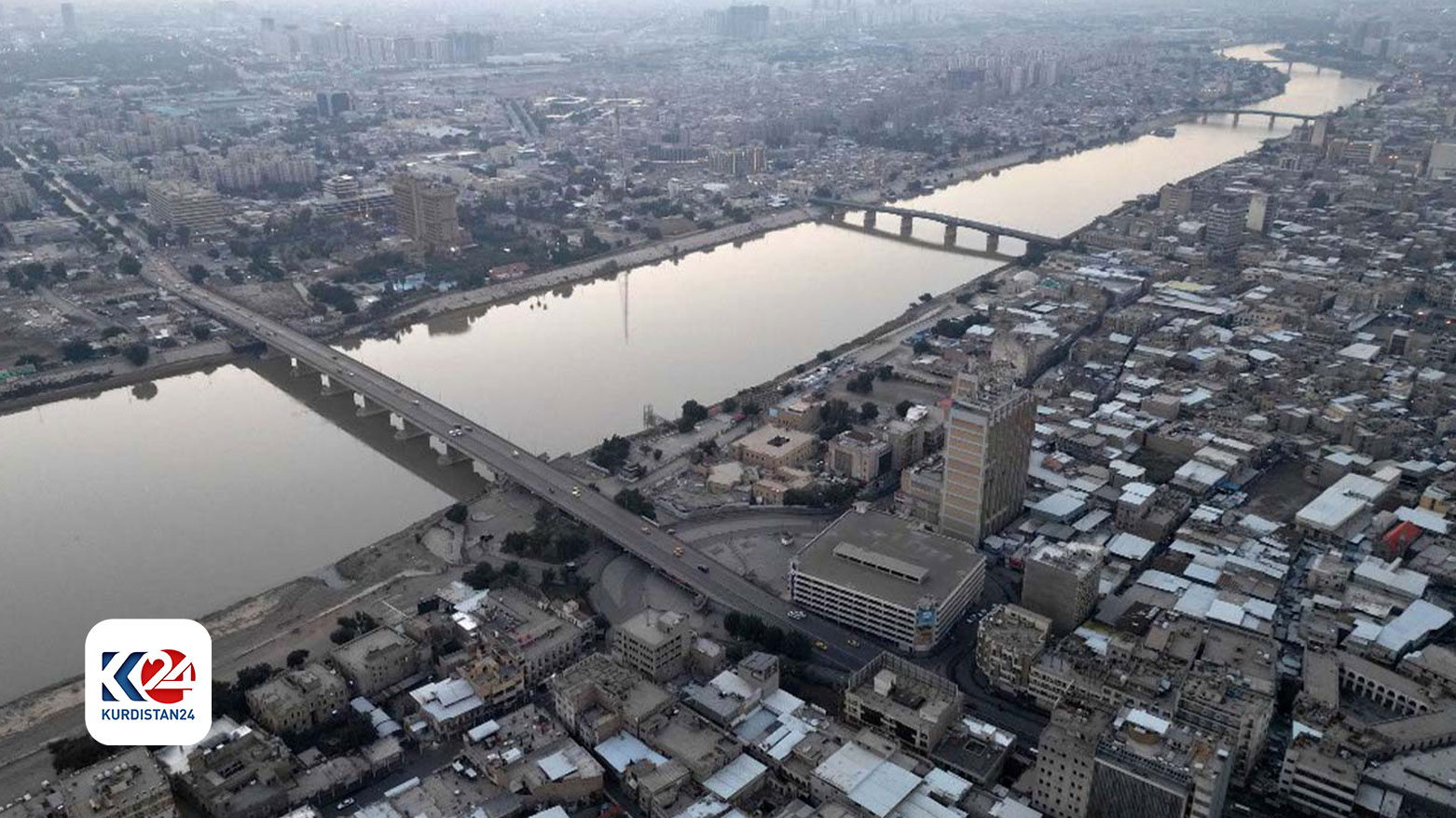Iraqis avoid banks amid distrust and economic challenges, experts say
Anwar Mousavi, a political and economic analyst, pointed to significant flaws within Iraq’s banking system as a key reason for the public’s reluctance to engage.

ERBIL (Kurdistan24) – Despite the availability of numerous banks across Iraq, citizens continue to shun financial institutions, opting instead to store an estimated 90 trillion dinars at home. This widespread mistrust, shared even by many businessmen, has raised serious concerns among economic experts about the country’s financial stability and banking sector.
Anwar Mousavi, a political and economic analyst, pointed to significant flaws within Iraq’s banking system as a key reason for the public’s reluctance to engage. “There is often a delay in refunding money and restrictions on withdrawals, such as a cap of 10 million dinars over a month or more,” Mousavi told Kurdistan24. “These delays, especially for individuals reliant on timely cash flow for business, have instilled fear in both citizens and businessmen about dealing with banks.”
On the International Day of Banks, analysts highlighted several factors compounding distrust, including US sanctions on certain Iraqi banks accused of dollar smuggling, widespread financial instability, and pervasive money laundering. The lack of incentives for deposits has further marginalized Iraqi banks, leaving them with minimal engagement from the public.
“There is no trust between citizens and banks,” said Faisal Rekan, another political and economic observer. He noted that currency fluctuations and fears of money loss have deterred citizens from utilizing banking services. "Successful governments since 2003 have failed to establish a robust banking system or instill confidence in citizens,” Rekan added.
Iraq’s underdeveloped banking infrastructure not only discourages individual deposits but also hampers the country’s overall economic growth. Experts warn that without urgent reforms to address these issues, the gap between the public and Iraq’s financial institutions will only widen, leaving the economy vulnerable to further challenges.